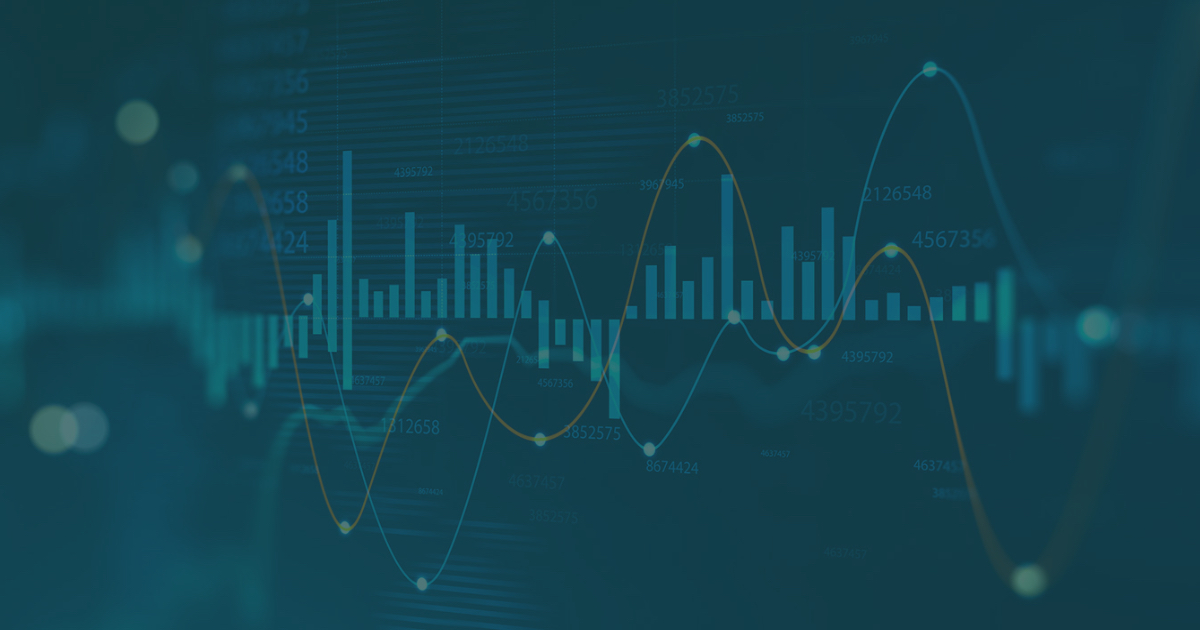The radio industry has long relied on research methodologies, such as strategic market studies, auditorium music tests, and focus groups, to gain insights into the preferences and interests of listeners. These tools have helped radio stations to tailor their programming and better meet the needs of their audience, leading to increased ratings and a more loyal listener base.
However, the rise of new technology and online listening has introduced a new dimension to the radio industry: data analytics. In addition to traditional research methodologies, many radio organizations are now leveraging the power of data analytics to gain a deeper understanding of the market and audience.
Data analytics offer a more comprehensive view of listener behavior, providing a more detailed and up-to-date understanding of what resonates with the audience. This level of detail and immediacy is not possible with traditional research methodologies, which typically rely on periodic or one-time studies. The incorporation of data analytics into the research toolkit of radio organisations is especially important in today’s fast-paced media landscape, where listener expectations and preferences can change rapidly.
One notable example is the BBC Sounds Audience team, which includes data scientists who use data analytics to better understand listener behavior and preferences. This allows them to fine-tune their programming and better meet the needs of their audience, ultimately helping the BBC to maintain their competitive edge in an increasingly dynamic industry.
iHeartRadio is also utilizing data scientists and data analytics to optimize their programming and offer a personalized listening experience. By using data science to analyze listener behavior and preferences, they are able to continually improve their linear programming, but also target individual listeners and offer a highly personalized, non-linear audio experience.
Data analytics have had a significant positive impact on a variety of industries by helping organizations gain a deeper understanding of their markets and customers, optimise their operations, and make more informed decisions. In the healthcare industry, data analytics have been used to improve patient care by identifying trends and patterns in large datasets. In the retail industry, data analytics have been used to improve customer experiences by analyzing customer data and identifying trends and patterns. In the finance industry, data analytics have been used to improve risk management and fraud detection.
As radio station executives, it is essential to recognise the value of adding data analytics to our arsenal of research tools. By leveraging these tools to gain a deeper understanding of the market and audience, radio organisations can stay ahead of the curve and maintain a strong market position in a rapidly changing sector.
If you’re interested in learning more about how data analytics can help your radio organisation, don’t hesitate to contact Voizzup at team@voizzup.com.




